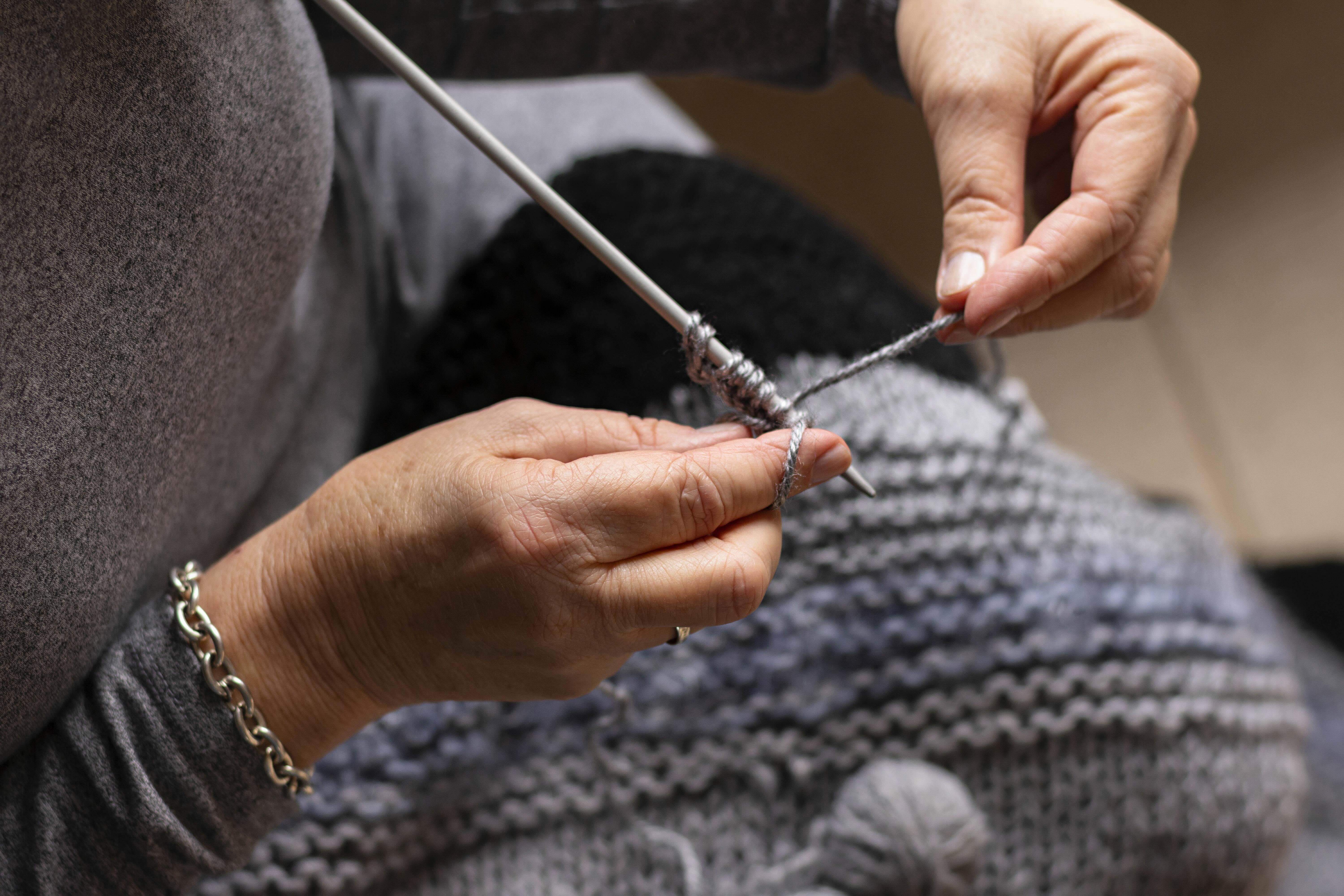Care Blog
Is Insomnia in the Elderly a Sign of Oncoming Alzheimer’s Disease?

For a wide variety of reasons, many seniors struggle with falling asleep and staying soundly asleep. Except for feeling a little foggy the next morning, however, as well as feeling the need for an afternoon nap to catch up on lost sleep, the actual consequences have appeared to be minimal. That is, until a recent study revealed a potential link between insomnia in the elderly and Alzheimer’s disease.
Deep sleep enables the brain to clear out toxins, which includes the amyloid plaques linked to Alzheimer’s disease, and it looks like a build-up of these harmful toxins is shown to harm the brains of laboratory animals. For that reason, a human study is beginning to better understand the correlation and its impact.
With the use of a powerful MRI system, the strength of the brain’s signal to eradicate toxins can be reviewed: a strong signal in brains whose toxin removal is successful, and a weaker one in individuals who may be developing Alzheimer’s. The goal will be to determine if deficiencies in deep sleep do, actually, affect the likelihood of a future Alzheimer’s diagnosis, and if so, to ascertain the best treatment procedures to enhance quality of sleep.
The difficulty in the human leg of the trial will be in aiding individuals in feeling comfortable enough in the MRI machine to experience the natural stages of sleep, between the noise and cramped and frequently claustrophobia-inducing quarters. Having said that, it’s a lot more feasible and less-intrusive option than the lab animal study, which included developing a window in the skull and observing the brain together with a powerful microscope and laser. And the payoffs could potentially be life-changing: identifying individuals at risk for Alzheimer’s disease because of insufficient sleep, and opening doors to fresh treatment options.
Per Bill Rooney, director of Oregon Health & Science University’s Advanced Imaging Research Center, "It could be anything from having people exercise more regularly, or new drugs. A lot of the sleep aids don't particularly focus on driving people to deep sleep stages."
Funding for human trials is currently in place, and the study is scheduled to begin this year.
Are you currently providing care for a senior family member and finding it difficult to get a good night’s sleep? Or does your family member have a problem with sundowning or some other circumstances that make nighttime sleeping tough for both of you? Contact All Care In-Home Solutions in Klamath Falls for overnight respite care, providing you the opportunity to sleep while knowing your family member is protected and well cared for!
Share:
Call Us Today
Call us today to schedule a free in-home care assessment so we can help you understand how you or a loved one can have a safe and happy life at home.

Take the Quiz
Let us know what kind of help you might need, and we’ll be back in touch to customize a plan for you.
Take the Quiz
